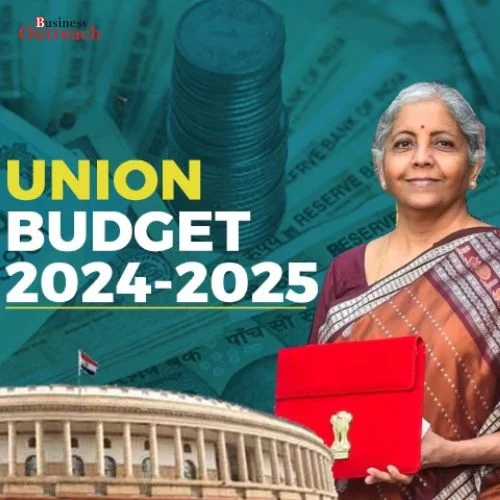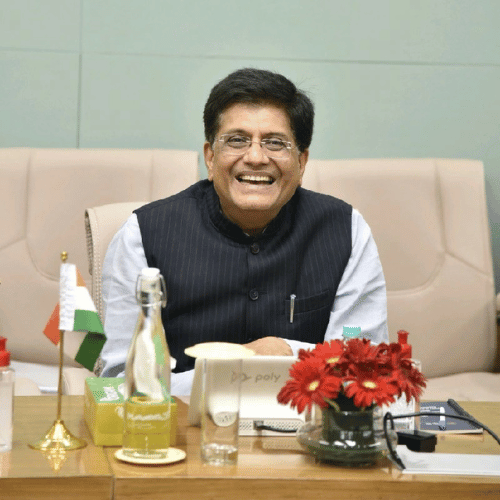In 2024, the government will launch the second version of the National Career Service (NCS) portal and persuade states to implement labor reforms as part of efforts to improve business ease and provide social security for unorganized labor, particularly gig and platform workers.
Bhupender Yadav, Union Labour, and Employment Minister, told PTI that his ministry will soon launch the “advanced version, namely NCS 2.0, to facilitate better job matching and search facility for job seekers, as well as a recommendation engine for skilling by leveraging Artificial Intelligence and Machine Learning.“
The NCS initiative was established in July 2015 to deliver different employment-related services via a digital platform, including career advice, vocational coaching, information on skill development courses, apprenticeships, and internships.
As of November 30th, the NCS platform has over 3.64 crore registered jobseekers, 19.15 lakh companies, and over 1.92 crore openings. In November, the portal recorded over 13.49 lakh active vacancies.
The portal is linked to the facilities of 28 states/union territories to create a comprehensive pan-India network. It has also been combined with different private portals such as monster.com, Freshersworld, and HireMee to provide a list of available positions.
It is also connected to the government’s Skill India site, Udyam site (MSME), e-Shram, EPFO, ESIC, and DigiLocker, among other things.
In terms of labor reforms, the minister said that “as India continues to march towards becoming a developed economy under Prime Minister Narendra Modi’s leadership, I am hopeful that states will begin rolling out the labor reform introduced by the Centre in 2024.”
“… so that the India of Amrit Kaal has a healthier and socially secure workforce that contributes to the country’s growth and at the same time gains from it; and also so that we continue to firm up ease of business in the country,” he said.
The Centre has developed four Labour Codes to implement labor reforms in the country: the Code on Wages, 2019, the Industrial Relations Code, 2020, the Code on Social Security, 2020, and the Occupational Safety, Health, and Working Conditions Code, 2020.
These codes aim, among other things, to strengthen the protection available to workers, including unorganized workers, in terms of statutory minimum wage, social security, and healthcare.
As a first step in implementing the four codes, regulations must be developed by both the federal and state governments.
The central government and several states/Union Territories (UTs) have pre-published draft rules under the four codes for stakeholder feedback.
As labor is on the concurrent list of the Indian Constitution, the Centre wishes to implement regulations under the four codes concurrently with states to ensure the consistent application of these laws.
Meanwhile, the Employees’ Pension Scheme 1995, operated by the retirement fund organization EPFO, witnessed a considerable advance this year in terms of greater payouts on larger payments.
The Employees’ Provident Fund Organisation (EPFO) made an online application for the Validation of Options/Joint Options for pension on increased pay accessible earlier this year. Following the Supreme Court judgment on November 4, 2022, the facility was for qualified pensioners/members.
Subscribers and retirees would be able to pay extra on their real basic salaries if they earn more than Rs 15,000 per month. This will allow them to get greater pensions in line with their real basic pay.















